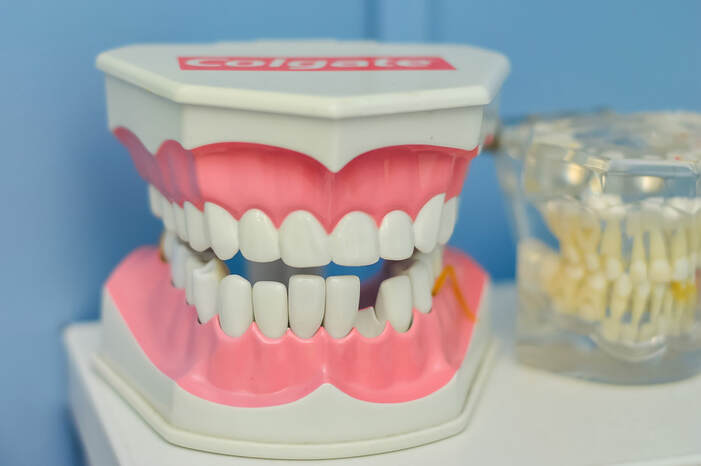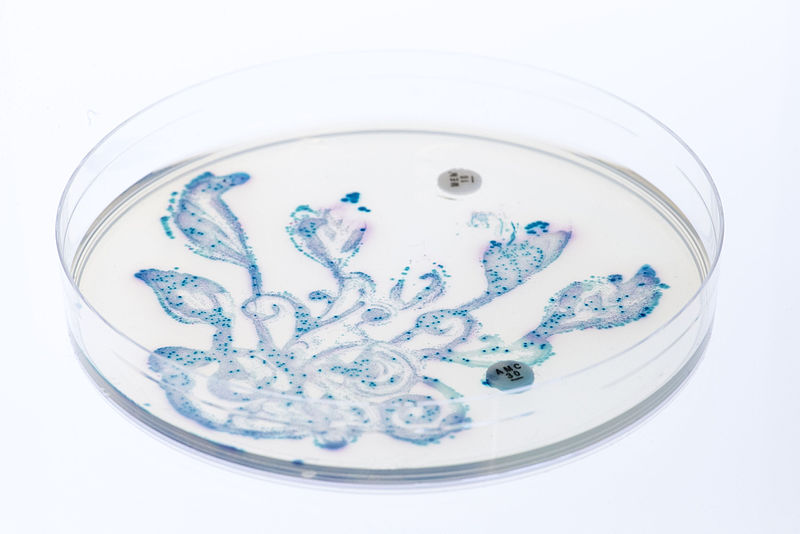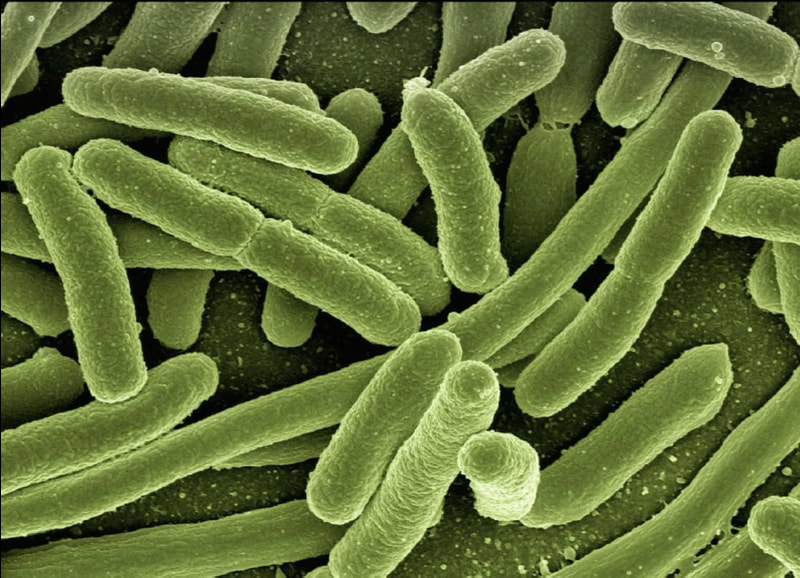You (And Your Gums) Are What You Eat
With vegan options like Beyond Burger and Veggie Grill becoming more popular, it should now be easier than ever to adopt healthy and environmentally-sustainable eating choices. Yet, people often find it difficult to make sustainable choices due to ingrained habits and traditions. Fortunately, even small steps towards a partial plant-based diet could make a substantial difference to the health of both an individual and their environment. According to a recent study published in the Journal of Clinical Periodontology by a team at the University of Freiburg, adoption of an anti-inflammatory plant-based diet could help reduce gingivitis, a disease that causes redness, irritation, and swelling of the gums that could eventually lead to tooth loss.
Gingivitis was historically thought to be a result of plaque buildup, the accumulation of bacterial biofilm on teeth. Researchers at the University of Freiburg, however, recognized that this relationship only seemed prevalent amongst individuals eating a Western diet filled with saturated fats and processed carbohydrates, but lacking fiber and micronutrients. To explore these observations, they designed a study examining the effect of diet on gum health.
Their study divided 38 participants into either an experimental group eating an anti-inflammatory diet (AID) or a control group told to eat a high carbohydrate and fat, low nutrient Western diet over the course of 6 weeks. All participants were required to fill out dietary diaries and abstain from flossing during this time in order to keep a record of their eating habits and keep confounding factors from changing the gum health of either group.
The AID diet assigned to the experimental group specified the following:
At both the beginning and end of the study, the researchers recorded participant heights and weights before a dentist blinded to the identities of each group examined their plaque levels and gum bleeding. After implementation of the AID diet, the participants in the experimental group were found to have decreased inflammatory responses, gum bleeding, and body weight compared to the control group. However, no difference in plaque levels was detected. From these results, the researchers concluded that diet plays a more important role in gingivitis risk than plaque levels do.
Gingivitis was historically thought to be a result of plaque buildup, the accumulation of bacterial biofilm on teeth. Researchers at the University of Freiburg, however, recognized that this relationship only seemed prevalent amongst individuals eating a Western diet filled with saturated fats and processed carbohydrates, but lacking fiber and micronutrients. To explore these observations, they designed a study examining the effect of diet on gum health.
Their study divided 38 participants into either an experimental group eating an anti-inflammatory diet (AID) or a control group told to eat a high carbohydrate and fat, low nutrient Western diet over the course of 6 weeks. All participants were required to fill out dietary diaries and abstain from flossing during this time in order to keep a record of their eating habits and keep confounding factors from changing the gum health of either group.
The AID diet assigned to the experimental group specified the following:
- No processed carbohydrates like sugar and white flour
- Daily intake of omega-3 fatty acids found in fish
- Decreased intake of omega-6 fatty acids found in sunflower oil, margarine, and meat
- Restriction of trans fats found in fried food
- Reduction of animal proteins from meat and dairy
- Increased intake of plant proteins like nuts
- Daily intake of vitamins C and D
- Daily intake of antioxidants, fiber, and nitrate-containing plants
At both the beginning and end of the study, the researchers recorded participant heights and weights before a dentist blinded to the identities of each group examined their plaque levels and gum bleeding. After implementation of the AID diet, the participants in the experimental group were found to have decreased inflammatory responses, gum bleeding, and body weight compared to the control group. However, no difference in plaque levels was detected. From these results, the researchers concluded that diet plays a more important role in gingivitis risk than plaque levels do.
Image Source: renatalferro
Although researchers are still working to confirm the validity of these conclusions with larger sample sizes and more diagnostic tests, these early results suggest that largely plant-based diets as a promising preventative treatment against dental gingivitis. Integrating this AID diet into one’s daily routine could yield long-term health benefits that greatly outweigh the costs of eating excessive carbohydrates and fats—after all, how would someone eat a hamburger or donut if all their teeth have fallen out due to gum disease? Changing one’s dietary habits can be extremely difficult, but taking small steps to reduce meat and dairy intake could substantially improve individual health while also lessening human impact on our environment.
Featured Image Source: dbreen
RELATED ARTICLES
|
Vertical Divider
|
Vertical Divider
|
Vertical Divider
|






